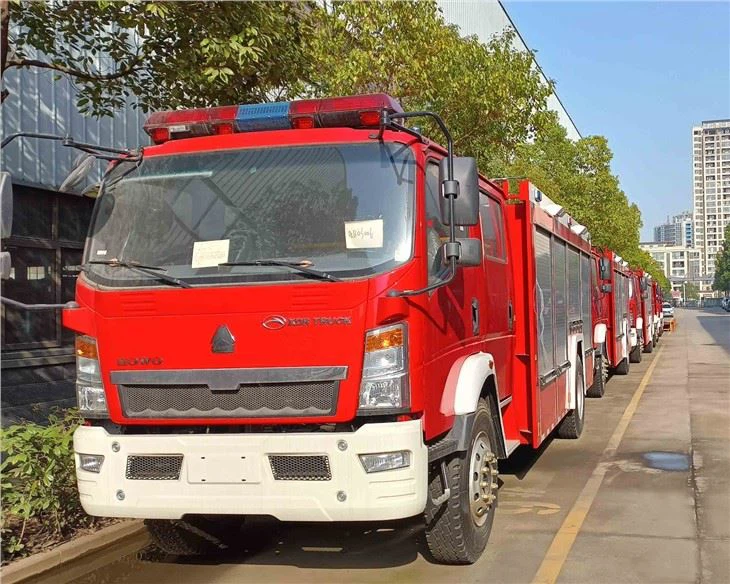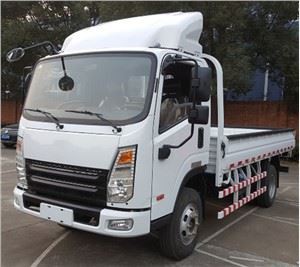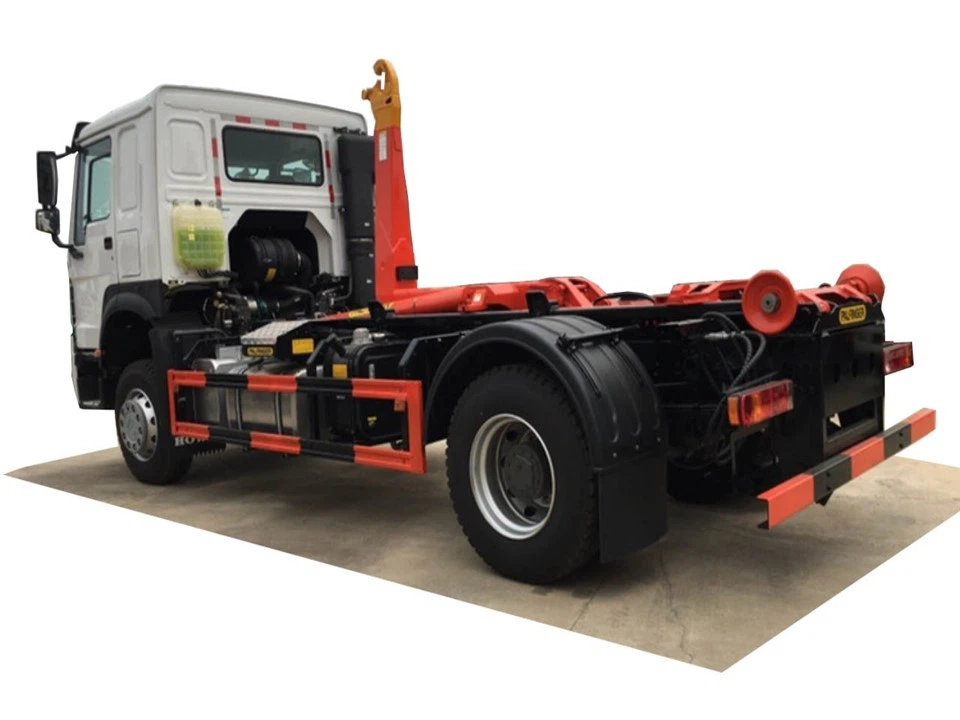How Many Gallons of Water in a Water Truck? A Comprehensive Guide

Introduction

Water trucks are essential vehicles used in various industries, including construction, agriculture, and firefighting. Understanding how many gallons of water a typical water truck can hold is crucial for effective planning and resource management. This article explores the specifics of water truck capacities, examines different types and sizes of water trucks, discusses their applications, and provides practical examples for those interested in using or renting a water truck.
What is a Water Truck?
A water truck is a specially designed vehicle used to transport large volumes of water. These trucks are typically equipped with a tank mounted on a chassis and may feature a pump system for easy loading and unloading of water. Water trucks serve a variety of purposes, making them valuable assets in multiple sectors.
Common Uses for Water Trucks
- Construction: Supplying water for dust control, compaction, and site cleanup.
- Agriculture: Irrigation and transporting water to agricultural sites.
- Firefighting: Responding to fires in remote locations where fire hydrants are not available.
- Mining: Providing water for dust suppression and equipment cooling.
Water Truck Capacities: A Closer Look
Water truck capacities can vary significantly based on the type and size of the truck. To understand how many gallons of water a water truck can hold, it is essential to examine the different types of water trucks available in the market.
Standard Water Truck Sizes
| Type of Water Truck | Capacity (Gallons) |
|---|---|
| Small Water Truck | 1,000 – 2,000 |
| Medium Water Truck | 3,000 – 5,000 |
| Large Water Truck | 6,000 – 10,000 |
Small Water Trucks
Small water trucks usually have a capacity of 1,000 to 2,000 gallons. These trucks are ideal for small construction sites or agricultural applications where space is limited and less water is needed.
Medium Water Trucks
Medium water trucks, with a capacity of 3,000 to 5,000 gallons, are versatile vehicles suitable for larger construction projects or intermediate agricultural tasks. They provide a good balance between size and water delivery capability.
Large Water Trucks
Large water trucks can hold 6,000 to 10,000 gallons or more, making them suitable for extensive projects or emergency services, such as wildfire response. The increased capacity allows them to serve more substantial site needs without as many trips.
Factors Influencing Water Truck Capacity
Several factors can influence the specific capacity of a water truck, including:
Truck Type and Model
Different manufacturers produce various models with distinct tank designs, which can alter total capacity. For instance, some models may prioritize tank space over the vehicle’s size.
Weight Regulations
Local weight regulations may restrict the total weight a truck can carry, including the water. It is essential to be aware of these regulations to avoid legal issues.
Tank Design

The design of the water tank also affects capacity. A cylindrical tank may provide more volume than a rectangular one given the same footprint.
Understanding Gallons of Water: Practical Insights
Knowing how many gallons of water a truck can hold provides practical insights for users. Here are some critical considerations:
Efficiency in Water Delivery
Understanding capacity helps in planning efficient water delivery schedules. For example, if a construction site requires 10,000 gallons of water a day, a large truck can make fewer trips compared to a smaller truck.
Cost Considerations
When renting or purchasing a water truck, knowing its capacity helps assess costs effectively. Larger tanks generally cost more but may save time and labor costs in the long run.

Estimating Costs
Cost estimates can be made based on delivery and rental fees, as indicated in the following table:
| Truck Size | Average Delivery Fee | Rental Cost Per Day |
|---|---|---|
| Small Water Truck | $100 – $150 | $200 – $300 |
| Medium Water Truck | $150 – $250 | $300 – $500 |
| Large Water Truck | $250 – $400 | $500 – $800 |
Choosing the Right Water Truck for Your Needs
With numerous water truck options available, choosing the right one can be challenging. Here are some tips to consider:
Determine Your Water Needs
Analyze the amount of water you need for a specific job or project. Consider factors like frequency of water delivery and site size.
Assess Site Accessibility
The location of your project may dictate the size of the truck you can use. Smaller trucks excel in tight spots, while larger trucks provide efficiency for bigger areas.
Check Local Regulations
Before renting or purchasing a water truck, check local weight and delivery regulations to ensure compliance.
Maintenance and Care for Water Trucks
Taking care of a water truck is essential to prolong its life and ensure efficient operation. Key maintenance tips include:
Regular Inspections
Conduct regular inspections of the water tank and pump system to check for leaks or wear. Address any issues immediately to avoid costly repairs.
Cleaning the Tank
Regularly clean the tank to prevent algae growth or contamination, especially when used for potable water.
Monitoring for Corrosion
Inspect for signs of corrosion, particularly in metal tanks. If detected, apply appropriate treatments to preserve the tank’s integrity.
Conclusion: The Essential Role of Water Trucks
Water trucks serve critical functions across various industries. Knowing how many gallons of water a truck can hold enables users to make informed decisions about fleet management, resource allocation, and project planning.
Frequently Asked Questions (FAQ)
1. How do I know which size water truck I need?
To determine the right size, assess the daily water requirements of your project, the size of the site, and the distance for potential water delivery.
2. Are there specific regulations for water truck operation?
Yes, local regulations may dictate weight limits, operational times, and zoning compliance, which varies by region.
3. Can I use a water truck for drinking water delivery?
Yes, but the tank must be certified for potable water, and it must be regularly cleaned and maintained to ensure safety.
4. How often should I maintain a water truck?
Regular maintenance should be carried out at least once a month, including inspections, cleaning, and addressing any repairs.
5. What factors affect the rental cost of a water truck?
Some factors include truck size, rental duration, location, and additional services like delivery or operator inclusion.
6. How can I improve the efficiency of water delivery with a truck?
Improving delivery efficiency can be achieved by planning routes ahead of time, ensuring the tank is fully utilized, and scheduling regular deliveries to align with project needs.
